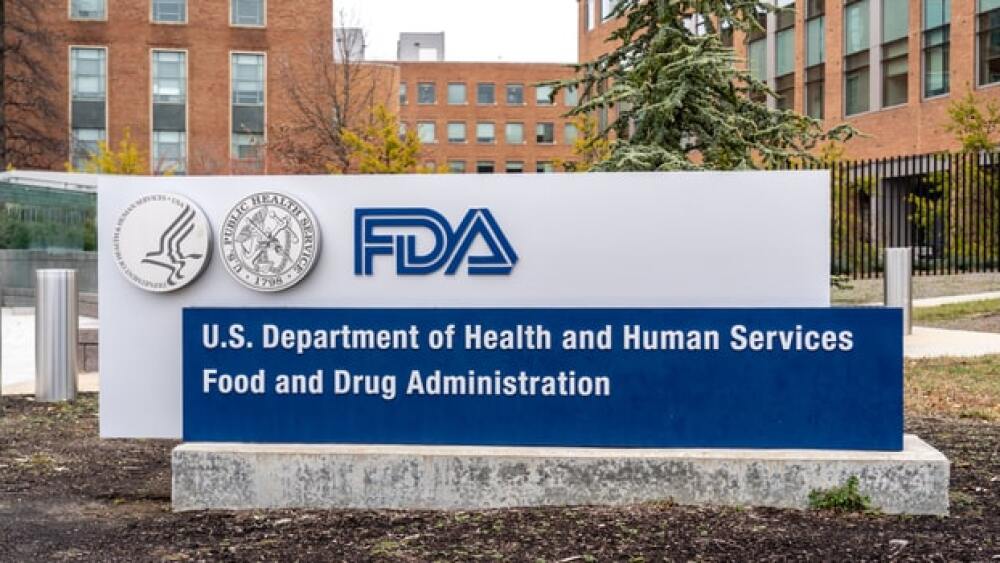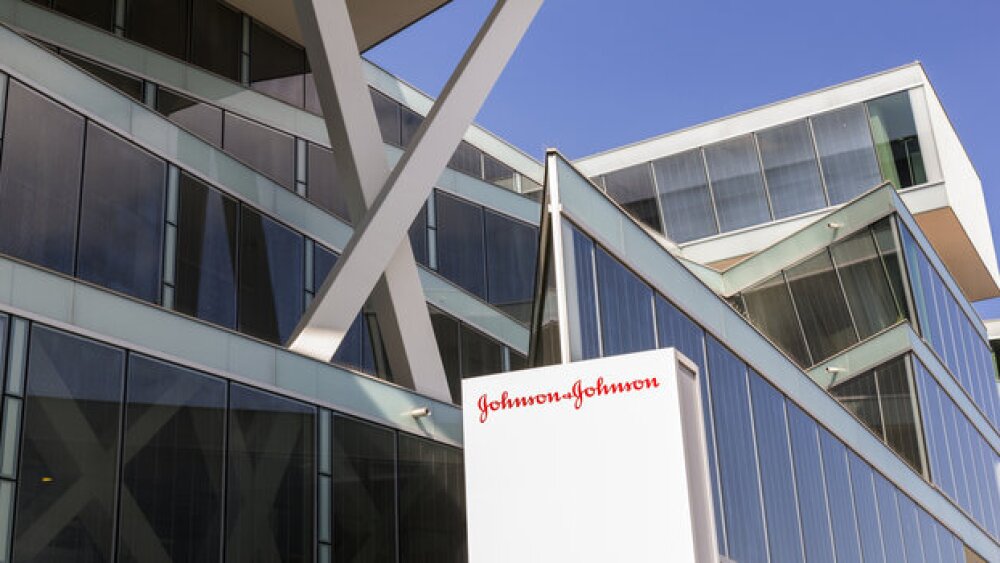EQRX is pushing forward with its goal of developing more affordable novel medications that can sustain healthcare systems.
EQRX is pushing forward with its goal of developing more affordable novel medications that can sustain healthcare systems. This morning, the 18-month-old startup entered into a drug creation and development collaboration with AI-driven Exscientia to accelerate progress toward that goal.
Cambridge, Mass.-based EQRX, which launched in January 2020 with $200 million, said the collaboration will leverage Exscientia’s artificial intelligence capabilities in order to drive development of small molecule therapeutics across multiple areas, including oncology and immunology. The partnership is expected to bolster the breadth of EQRx’s pipeline of novel therapies, the company said.
The cooperative goal is aimed at creating what the companies are calling “significant improvements in the traditional drug discovery and development processes.” By leveraging the strengths of both companies, they believe the probability of successfully developing new therapeutics will increase significantly, creating greater chances of commercializing new and cheaper therapeutics.
Andrew Hopkins, chief executive officer of Exscientia, called the collaboration between the two companies exciting as it forges a new model that has the potential to disrupt drug development and patient care. Exscientia will lead the discovery phase through to Investigational New Drug application filing, and EQRx will be responsible for clinical development, as well as regulatory and commercial efforts. The two companies will equally share in costs.
Alexis Borisy, chairman and CEO of EQRx, said the aligned focus of the two companies on efficiency and quality will allow the companies to deliver a new generation of innovative medicines at a more affordable cost for patients.
“This is a significant step in building EQRx’s robust, sustainable and industry-leading pipeline of important new medicines and substantially accelerates our early-stage research capabilities,” Borisy said in a statement.
Last month, EQRx and CStone Pharmaceuticals announced that their Phase III anti-PD-L1 antibody hit the mark in a non-small cell lung cancer clinical study. Sugemalimab, the checkpoint inhibitor, met the primary endpoint of prolonged progression-free survival in patients with locally advanced, unresectable Stage III NSCLC. The findings from the Phase III GEMSTONE-301 study were statistically significant and clinically meaningful, the companies said. There are numerous checkpoint inhibitors on the market, including Merck’s vaunted Keytruda, which is poised to become the top-selling drug in the world. However, affordability of those critical cancer medications is another question. When the data was announced, Borisy said they see sugemalimab, which was developed by CStone, as a less-expensive alternative to the Keytrudas of the world. He also noted the companies see sugemalimab as both a monotherapy for lung cancer, as well as a potential combination medication. Either way, Borisy expects the drug to lower the overall costs of immunotherapy options for patients.





